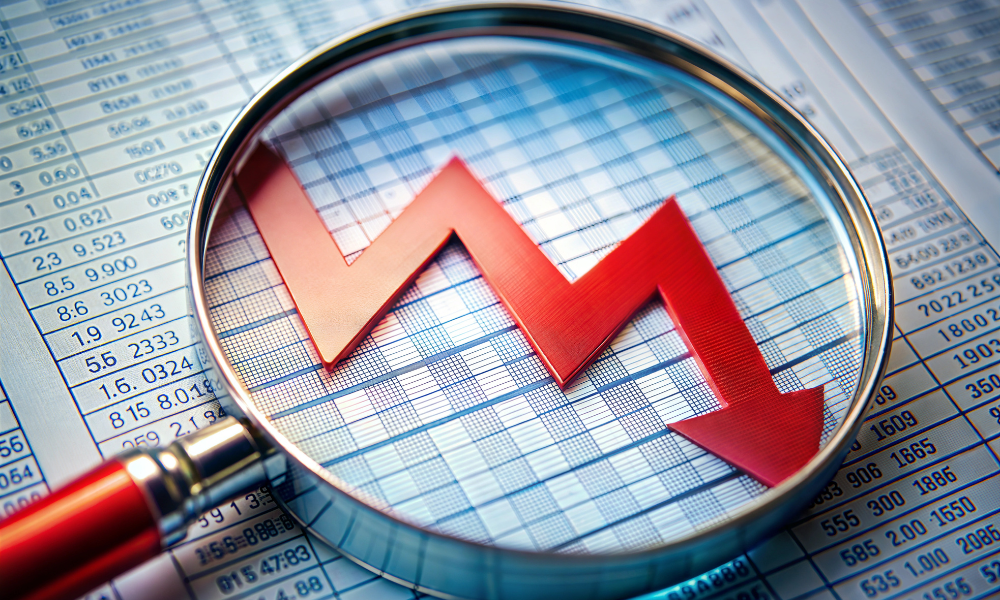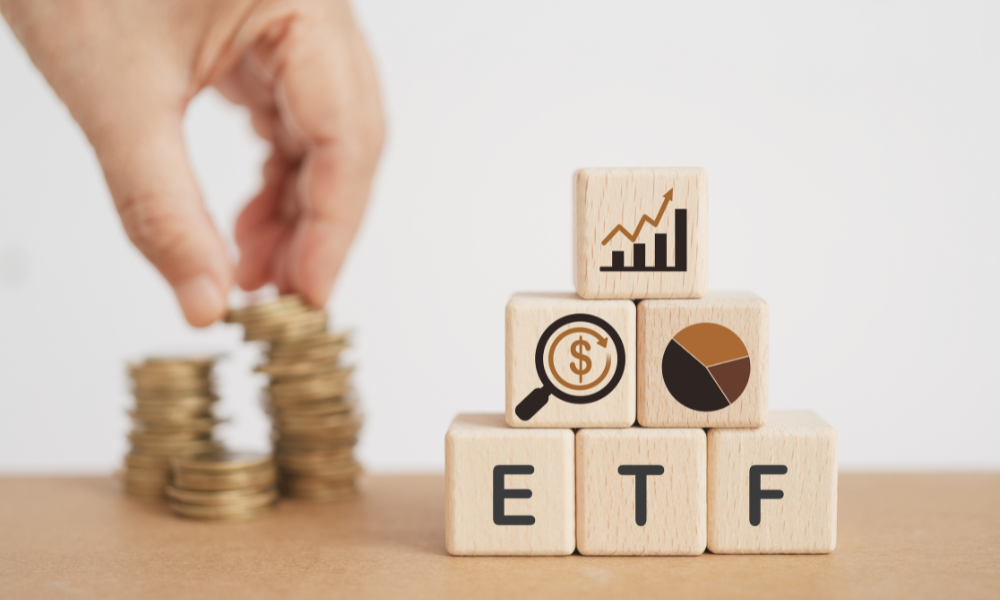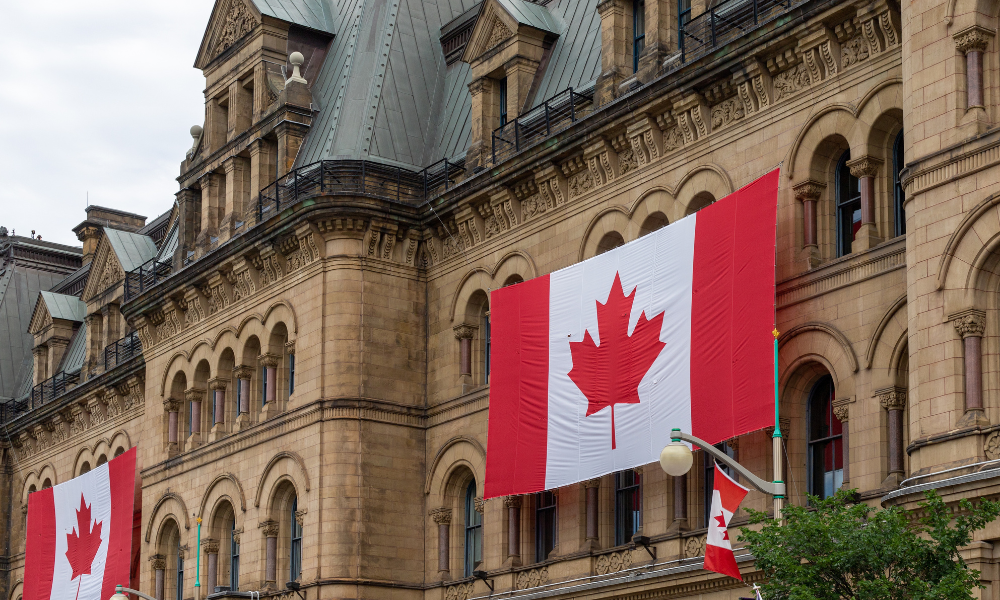Consumers cut spending plans and brace for recession as confidence index plunges for fifth month

US consumer confidence dropped for the fifth consecutive month in April, hitting the lowest level since May 2020 as concerns over widespread tariffs and economic uncertainty deepened, according to The Canadian Press.
The Conference Board reported a 7.9-point decline in its consumer confidence index, which fell to 86 in April. This marks the lowest reading since the early stages of the COVID-19 pandemic.
The share of consumers who anticipate a slowdown in hiring reached nearly one-third—levels not seen since April 2009, when the economy was in the midst of the Great Recession.
A separate survey by The Associated Press-NORC Center revealed that around half of Americans worry about a potential US recession.
The results show that a growing number of Americans expect rising prices due to tariffs introduced by US President Donald Trump.
The Conference Board said that mentions of tariffs in write-in responses hit an all-time high this month, showing that the duties remain top of mind for consumers.
Trump has imposed a 10 percent tariff on nearly all imports, along with a 145 percent tariff on most goods from China. Separate import taxes also apply to steel, aluminum, and cars.
Carl Weinberg, chief economist at High Frequency Economics, warned that declining consumer confidence could reduce spending and slow economic growth.
He said, “Rattled consumers spend less than confident consumers.”
The index measuring short-term expectations for income, business conditions, and the US job market fell sharply by 12.5 points to 54.4.
That figure, the lowest in over 13 years, remains far below the 80-point threshold that often signals an impending recession.
The broad decline in confidence cut across all age groups and most income levels. The steepest drops occurred among households earning more than $125,000 and among those aged 35 to 55.
Spending intentions have also weakened. Fewer consumers said they planned to buy a home or a car in the next six months.
Sales of previously occupied homes slowed last month as high mortgage rates and rising prices discouraged buyers, resulting in a sluggish start to the spring homebuying season.
Consumers also reported reduced plans for spending on services.
The share of Americans planning an overseas vacation in the next six months declined from 24.1 percent in December to 16.4 percent in April.
According to the Conference Board, the proportion of consumers planning to spend more on dining out also dropped in April by nearly the most on record.
Volatile financial markets may have added to the economic unease. Earlier this month, major stock and bond prices swung sharply, disrupting financial conditions.
While markets have rebounded in the past week, year-to-date losses persist: the S&P 500 is down 6 percent, the Dow Jones has lost 5 percent, and the Nasdaq, weighted towards growth stocks, has declined 10 percent in 2025.
Upcoming government data may provide a clearer picture of how the slump in sentiment affects the broader economy.
On Wednesday, officials will release figures on US economic growth for the first quarter. Economists expect a sharp slowdown, as consumers scaled back spending after a strong winter holiday season.
The US Department of Labor’s Friday report on hiring and the unemployment rate will offer another snapshot. While economists predict steady job gains, some expect significantly reduced hiring.
With consumers’ US economic outlook deteriorating and confidence readings falling well below key thresholds, concerns about a potential recession remain elevated across the country.



